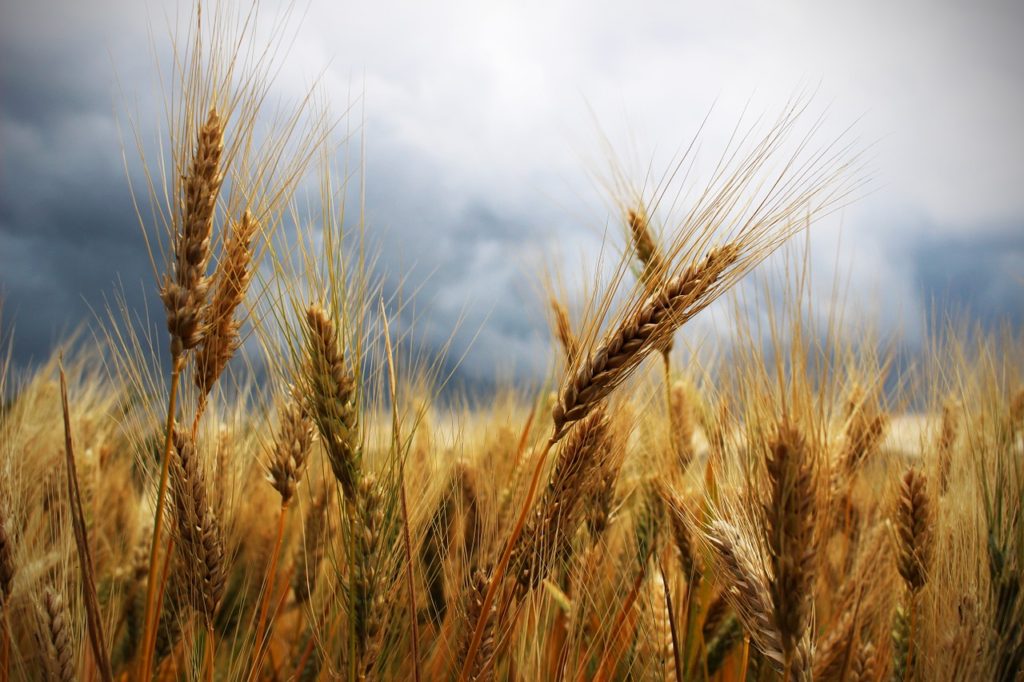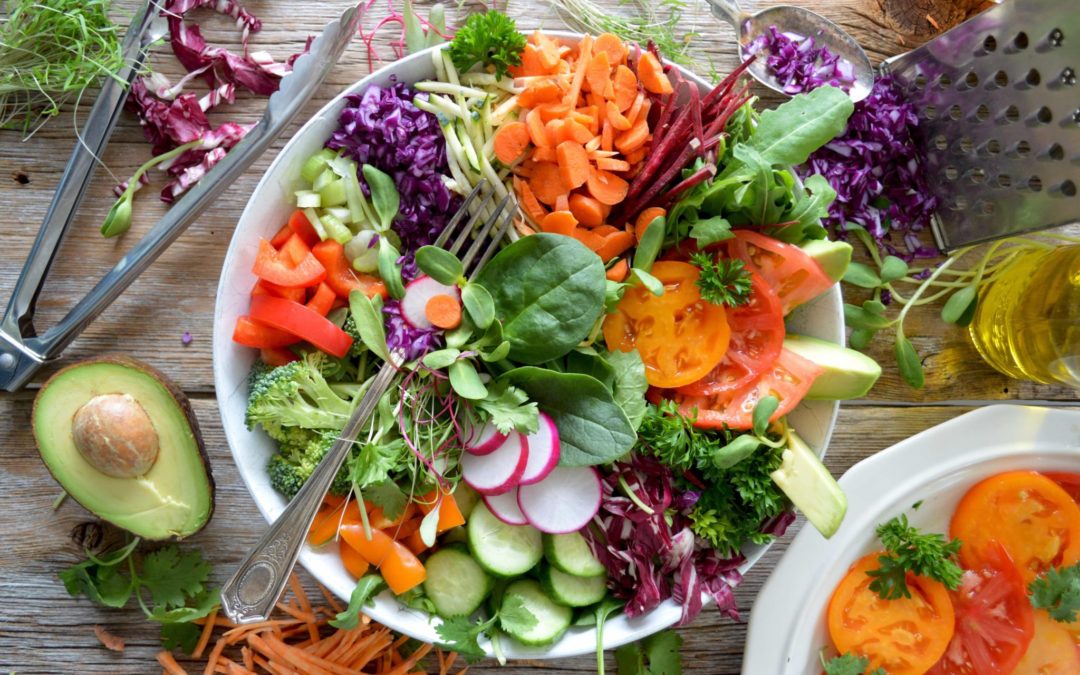Gluten-Free Diet
Gluten is a protein found in wheat, rye, barley and oats (oats contains avenin, which is a protein similar to gluten). The group of people that are most prone to gluten have coeliac disease, an autoimmune disease that is triggered when ingesting gluten-containing foods. As a result, it damages the lining of the small intestine causing malabsorption to occur producing a wide range of symptoms:
- Bloating
- Digestive discomfort
- Inflammation
- Wind, gas
- Fatigue, feeling tired
- Anaemia
- Diarrhoea
- Constipation
- Smelly stools
- Abdominal pain
- Headaches
- Skin rashes
- Depression
However these symptoms don’t just occur with coeliac patients, non-coeliac gluten sensitivity is far more common ref.
Gluten Intolerance
Gluten intolerance, now more accurately called “gluten sensitivity”. It ranges from serve with coeliac disease were the small bowel is inflamed and damaged to Mild with bloating and wind. Some people are asymptomatic which means they have no symptoms but still a gluten sensitivity.
Is Gluten Making You Sick?
If you have experienced any of the symptoms mentioned and they are getting progressively worse. It would be wise to seek the guidance from a health care professional to make a proper differential diagnosis to confirm or deny anything suspicions you may have. Gluten sensitivity could make you sick if left unchecked it may lead to:
- Osteoporosis
- Infertility
- Nerve damage
- Seizures
- Anaemia
- Depression
Wrong Ways To Do Gluten Free
You have most likely seen the gluten-free packaged foods in the supermarket, while they are good for a treat the nutritional value over fresh fruit and vegetables is woeful. Don’t fall into the trap of making packaged gluten-free foods the majority of your new diet. There are plenty of good gluten-free choices available today that are high in fibre, minerals and vitamins:
- Vegetables
- Fruit
- Beans and legumes
- Nuts
- Fish
- Poultry
- Meat
- Eggs
- Dairy products
- Yoghurt
- Cheese
- Milk
- Gluten-Free Grains
- Quinoa
- Brown rice
- Millet
History
Samual Gee first discovered Coeliac disease in 1888 when he notices that regulating the diet elevated symptoms. In 1944 by Dr Willem-Karel Dicke (paediatrician) who noted that fewer children who have coeliac disease in wartime. Subsequently after the war he saw an increase in the occurrence of child coeliac disease. In 1980 “Non-Coeliac Gluten Sensitivity” was published in the Journal of Gastroenterology.
Ways To Manage Your Gluten Sensitivity
- Firstly do you have a gluten sensitivity?
- To test this out yourself, abstain from gluten produces for 2 weeks. At the end of the 2 weeks ask yourself:
- Do you feel different?
- Did the bloating go down?
- Did any other symptoms improve?
- Get tested by your health care professional for:
- Coeliac disease
- Gluten allergy or sensitivity
- To test this out yourself, abstain from gluten produces for 2 weeks. At the end of the 2 weeks ask yourself:
- Finally, the treatment is a gluten-free diet the strictness will depend on your symptoms and test results.
- This is how I would treat gluten sensitivity in three steps:
- Remove gluten from the diet. This can help manage symptoms
- Promote intestinal healing and healthy gut flora
- Rechallenge with a gluten in small amounts and monitor the symptoms. This step is best done under supervision
Diet Guidelines
Always check with your health care professional before starting a new diet. It is particularly important to check for food, nutrient and herb-drug interactions do happen. Concurrently this diet is useful to treat:
- Coeliac disease
- Gluten sensitivity
- Digestive disorders
- Constipation
- Diarrhoea
- Irritable Bowel Syndrome (IBS)
If there are any aspects of your diet, you would like to discuss or clarify, please feel free to contact me through this web site or if it is of a more private nature contact me through my direct email. My goal is to provide you with the knowledge to make an informed decision on what diet best supports your health needs.
Diets Covered
- Mediterranean Diet
- Ketogenic Diet
- Vegetarian Diet
- Paleo Diet
- Intermittent Fasting
- Low Carb Diet
- Gluten-Free Diet
- Vegan Diet
In wisdom and good health
Brendon.
Phone: +61 409 278 320







